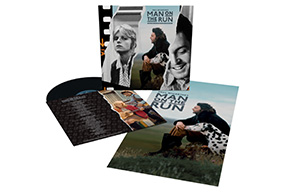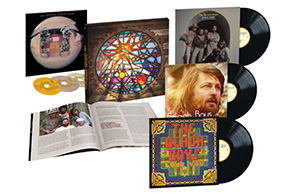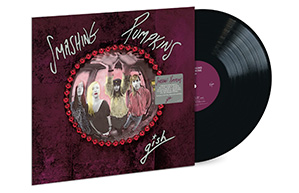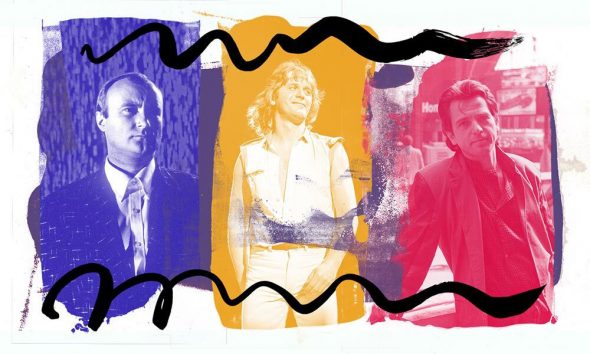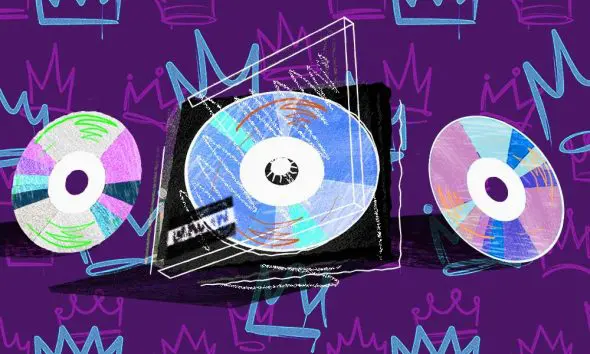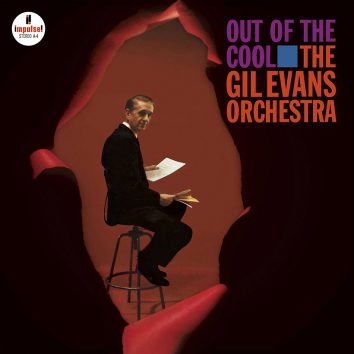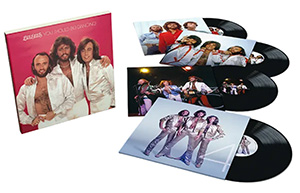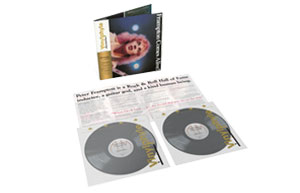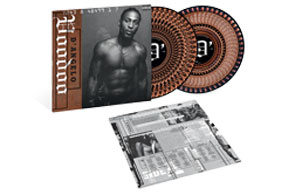Duke Ellington
Duke Ellington was one of the greatest composers of the 20th century. He wrote wonderful, popular, music and songs, extended jazz works, suites as well as sacred music.
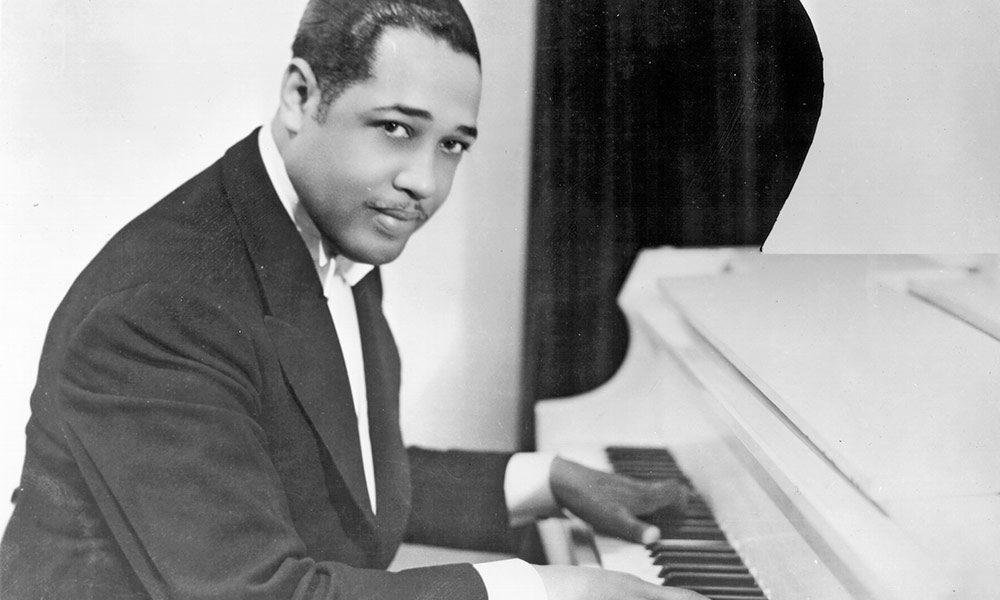
Duke Ellington was one of the greatest composers of the 20th century. He wrote wonderful, popular, music and songs, extended jazz works, suites as well as sacred music. Versatility was what the Duke was all about – he was the Renaissance man of jazz. Duke Ellington is acknowledged as the greatest composer in jazz and his innovative arrangements featured his piano playing against a rich, deep sound played by the brilliant musicians of his orchestra. Over five hundred of the best jazz players in the world passed through his ranks; rarely was anyone fired because he only hired the best.
“Duke Ellington was the real pioneer in jazz concerts.” – Norman Granz
Edward Kennedy Ellington’s father was a butler in a house close to the White House in Washington D.C; he wanted his son to become an artist. He began studying piano when he was seven or eight, learning to read music soon after, which helped him to achieve greatness later on.
As a teenager he was described as being somewhat detached, maybe even a little haughty, it was as a result that became known as ‘Duke’. He made his professional debut in 1916 having learned ragtime piano from a pianist named Doc Perry; even before he made his debut, he had composed his first rag. He played in the capitol’s nightspots with a group that included drummer Sonny Greer, who worked with Duke for many years.
In 1922 he took his trio to New York City to work, but it was a failure. Encouraged to return a year later by Fats Waller, he took his Washingtonians to work in Harlem; a few months later they were uptown at the Kentucky Club on Broadway. Soon the Duke was working up to more complicated arrangements as well as experimenting with his own material.
Success meant Duke needed a manager. Irving Mills, a music publisher and all-around man about music proved to be the right choice when he secured a gig at the prestigious Cotton Club. When Duke’s band opened it was a ten-piece having been joined by clarinettist Barney Bigard, along with saxophonists, Johnny Hodges on alto and Harry Carney on baritone.
The Washingtonians first recorded in November 1924, but it wasn’t until 1926, when they were being billed as Duke Ellington and his Kentucky Club Orchestra, that he really started to show promise in the studio with ‘A Night in Harlem’ and the first rendition of ‘East St Louis Toodle-o’. Over the next few years, the Ellington Orchestra was rarely out of the studio; ‘Creole Love Call’, ‘Black and Tan Fantasy’ and ‘The Mooche’ all made the Billboard chart
Pivotal to Duke’s success were his radio broadcasts from the Cotton Club, which carried his name directly into homes all across America. As the 1920s came to an end, Ellington’s orchestra were not just known at home; word had spread to Europe and Britain. In June 1931, Ellington was in a studio in Camden, New Jersey to record one of his most ambitious records – Creole Rhapsody. It took up both sides of a 78-rpm record, something completely new for a jazz band; this is what classical orchestras did.
Ellington eventually left the Cotton Club to appear in concert nationally, before in 1933 embarking upon his most ambitious tour, crossing the Atlantic to perform in Britain. He appeared at the London Palladium for the first time on 12 June 1933 and was afforded a “wildly enthusiastic welcome.” Among those in the audience was Nesuhi Ertegun along with his younger brother, Ahmet to witness “the King of Jazz” as the newspapers dubbed the Duke; Ahmet would later co-found Atlantic Records.
The 1930s saw some of the Duke’s biggest selling records including, ‘It Don’t Mean a Thing If it Ain’t Got That Swing’, ‘Sophisticated Lady’, ‘Stormy Weather’ and ‘Caravan’. On many of these records, as well as Ellington’s 1933 trip to London, were some outstanding musicians, including Barney Bigard on clarinet and Ben Webster on tenor sax.
By the time Ellington returned to Britain in 1939, Billy Strayhorn had joined the band as arranger, composer and second pianist. He added yet more depth and variety to the Ellington sound. The tours in the USA had got bigger and more lavish and instead of travelling by bus, like most bands, ‘Duke Ellington’s Famous Orchestra’ travelled in their own Pullman car. This was not the inspiration for one of his most famous records, ‘Take The A Train’, which Duke recorded in January 1941. The song, written by Billy Strayhorn, which has become synonymous with the band, was actually about the New York subway.
‘Take The A Train’ was just one of a whole string of amazing recordings made between 1939 and 1942; Duke’s orchestra was at its absolute best. But even these were to be eclipsed by Ellington’s first really long work – ‘Black, Brown and Beige’ – which had its premiere at Carnegie Hall in November 1943. The inspiration behind the piece was to tell the story of African-Americans and their struggle. It was the first in a series of concerts, which showcased Ellington’s longer works.
With the strictures of war, followed by the decline in interest in big bands, Ellington’s Orchestra, like every other big band, suffered, but with the financial backing of his publishing royalties, Duke was able to hold things together better than most. By the early 1950s he lost two of his stalwarts – Johnny Hodges and Sonny Greer, it seemed that the Duke might actually fold his touring band. However, the advent of the long-playing record allowed Duke to focus his composing efforts on increasingly interesting pieces.
Then in 1956, there was something of a revival in the Orchestra’s fortunes, beginning with an appearance at the Newport Jazz Festival in July. With new saxophonist Paul Gonsalves playing a six-minute solo on ‘Diminuendo’ and ‘Crescendo in Blue’, a piece dating from the late Thirties, the Ellington Orchestra took the festival by storm. They were helped too by the return to the fold of Johnny Hodges and the two old stalwarts recorded some wonderful albums for Verve.
In the early Sixties, Ellington also worked with some younger jazz stars, including, Charles Mingus and John Coltrane, which helped to introduce him to a new generation of fans. But it wasn’t just the new breed that was acknowledging the Duke; Ella Fitzgerald recorded her songbook tribute to Ellington for Verve – it was a master class.
In 1965 he recorded his first concert of sacred music, which met with mixed reviews; a fact that did nothing to deter the Duke from reprising it all over the world on numerous occasions. At the other end of the musical spectrum, he did the music for ‘Assault on A Queen’, a Frank Sinatra film; the music was much better than the movie. The following year the Ellington Orchestra worked on an album with Sinatra called Francis A and Edward K. This unique collaboration for Reprise Records went almost unnoticed at the time of its release, failing to even make the Top 40 album chart; it was THE voice alongside one of THE great jazz orchestras.
In 1969 Ellington received the Medal of Freedom at the White House as well as working all around the world. This included a tour of Russia in 1971 and a concert in Westminster Abbey in London of his sacred music in December 1973. Duke was suffering from lung cancer, having made his final studio album a few months earlier in a recording career that lasted 49 years, and he died on 25 May 1974.
“Fate is being kind to me. Fate doesn’t want me to be too famous too young.” – Duke Ellington
Words: Richard Havers


